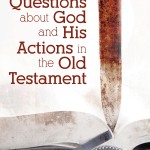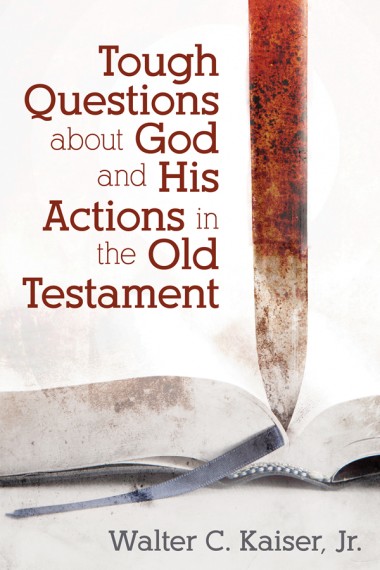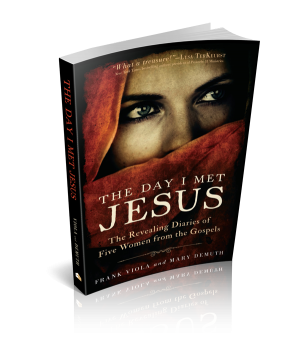I am one of those readers who reads with a pen in hand. I almost cannot read a book unless I am underlining statements and scribbling in the margins. This slows down my reading speed significantly, but I think it helps sharpen my mind and interact with the ideas of others.
My goal is to read 4000 books in my lifetime, and this post will keep track of my progress in 2017.

I already own more books than I can read in a lifetime (which I find highly depressing), and so I buy fewer books than I used to, and I have begun to weigh the pros and cons of any book I read.
It’s a little crass, but when I consider whether or not I should read a book, I often think of Elaine from Seinfeld wondering if a boyfriend was “sponge worthy.”
Anyway… with that image in mind … here are the books I have read so far:
- Birth-2009 Estimate: 1500 (doesn’t count children’s books)
- 4000 Books 2010: 45
- 4000 Books 2011: 69
- 4000 Books 2012: 52
- 4000 Books 2013: 57
- 4000 Books 2014: 57
- 4000 Books 2015: 55
- 4000 Books 2016: 56
- 4000 Books 2017: See Comments Below
- Total so Far: 1891
Some of these books make it onto my list of “The Books Every Christian Should Read.” If you haven’t read the books on that list … well, you should.
What books have you read this past year which influenced your life and theology? What books are you excited to read in 2017?



 I also got somewhat upset when he rejected out of hand the idea that Moses was writing a polemic against the religions of his day. He said that this sort of idea has been “thoroughly discredited” (p. 63). I find this funny, because most of the scholars I have read in my own research and study do not share Kaiser’s opinion.
I also got somewhat upset when he rejected out of hand the idea that Moses was writing a polemic against the religions of his day. He said that this sort of idea has been “thoroughly discredited” (p. 63). I find this funny, because most of the scholars I have read in my own research and study do not share Kaiser’s opinion.





 In this book, Maxine tackles the difficult issue of the believer’s relationship with the 10 Commandments. She persuasively shows how Jesus set aside the Old Covenant with its rules and regulations and gave us a New Covenant based on the one command to love one another.
In this book, Maxine tackles the difficult issue of the believer’s relationship with the 10 Commandments. She persuasively shows how Jesus set aside the Old Covenant with its rules and regulations and gave us a New Covenant based on the one command to love one another.